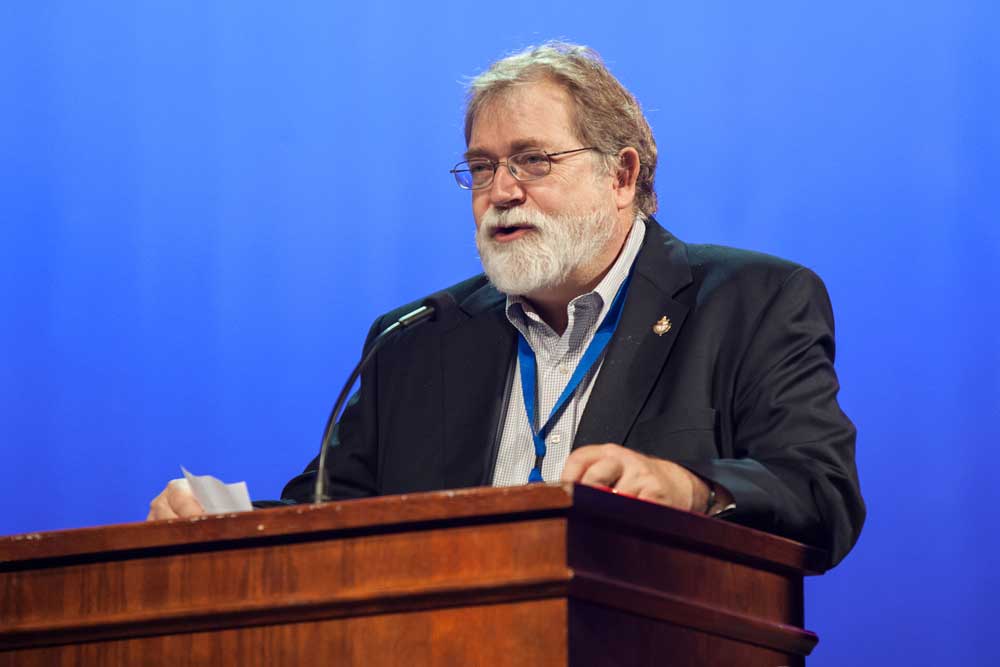Dear Brothers and Sisters in Christ,
Recently the ‘Living Church’ magazine reported the appointment of Archbishop Albert Chama of Central Africa as Chairman of the Anglican Alliance’s global board of trustees (see here). The announcement included the following:
“For Archbishop Chama, the moment is ripe to harness the potential of an organization that brings together Anglicans from developed and developing nations in a common cause. In 2012, he spoke of the need for Anglicans to work side by side even though their cultural contexts influence what sexual behavior they find acceptable.
‘What could happen in Canada cannot be in Africa,’ he said about same-sex blessings last year. ‘What can happen in Africa is not possible in Canada. It’s up to the individual people now to accept that we can work together, but we are different.'”
The American Anglican Anglican Council investigated and reported on the development of the Anglican Alliance as a major funding and influence conduit for The Episcopal Church at a meeting in Nairobi, Kenya, last October. During that meeting, sources reported Archbishop Chama saying, “Economic empowerment is the lowest common denominator of our unity in the Anglican Communion, despite one or two theological differences.”
Archbishop Chama’s comments raise an essential question: When Anglicans disagree on such essentials as the uniqueness of Jesus Christ as Lord and Savior of all, salvation through Christ alone, and the authority of the Bible over our own cultural context – indeed, over every area of our lives – is it possible to simply say that we will have “fellowship” around economic empowerment as the lowest common denominator? What, then, does economic empowerment mean? How will this shared mission be any different than what post-modern, secular and anti-Biblical NGO’s offer?
The problem is that the Anglican Alliance, an official agency of the Anglican Communion, has deliberately refused to develop any biblical basis for its work in capacity building. By contrast, Christians all over the world have developed thoroughgoing biblical statements that both justify and guide Christians’ efforts to promote economic justice and capacity building as expressions of “the whole Gospel for the whole person.” (See, for example, Lausanne Occasional Papers Number 21 “Evangelism and Social responsibility: An Evangelical Commitment” (1982); Number 22 “Christian Witness to the Urban Poor”(1980); Number 33 “Holistic Mission” (2004) and Number 37 “Towards the Transformation of Our Cities/Regions (2004))
Economic empowerment and capacity building are at the heart of the whole Gospel. But so is the spiritual poverty which only Jesus Christ can address through his transforming love. Anglicans all over the world need a whole Gospel which addresses both the spiritual and the material needs of people and communities. A much better example would be the Anglican Relief and Development Fund (ARDF) which has a strong record of generous and well thought out development projects throughout Africa and the Global South which are soundly based in the Gospel.
The recognition and development of practical Anglican ministries of compassion and development as expressions of the whole gospel for the whole person should be a significant item on the agenda for GAFCON 2, not only as an expression of compassion and gospel partnership, but also to counter the use of aid and development as a substitute for true Christian fellowship.
Yours in Christ,
Phil+
Rev. Canon Phil Ashey
COO, American Anglican Council


